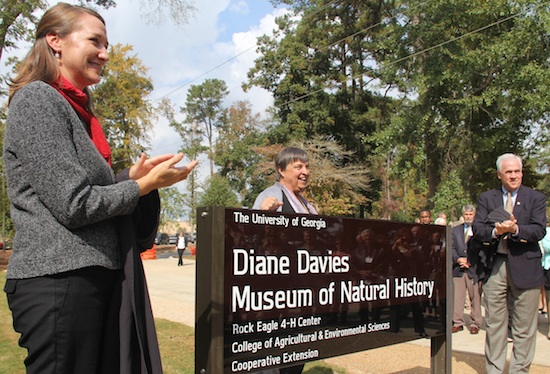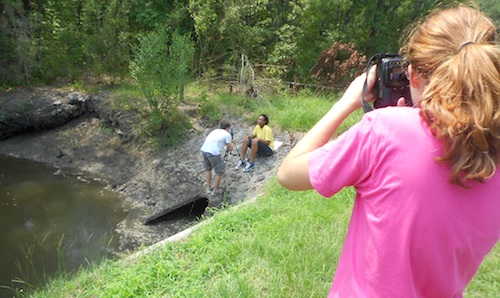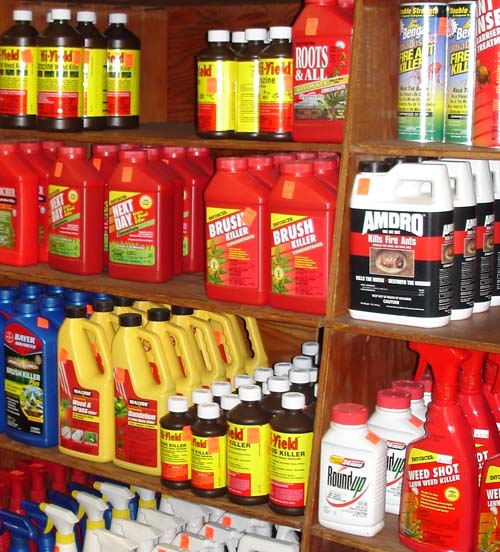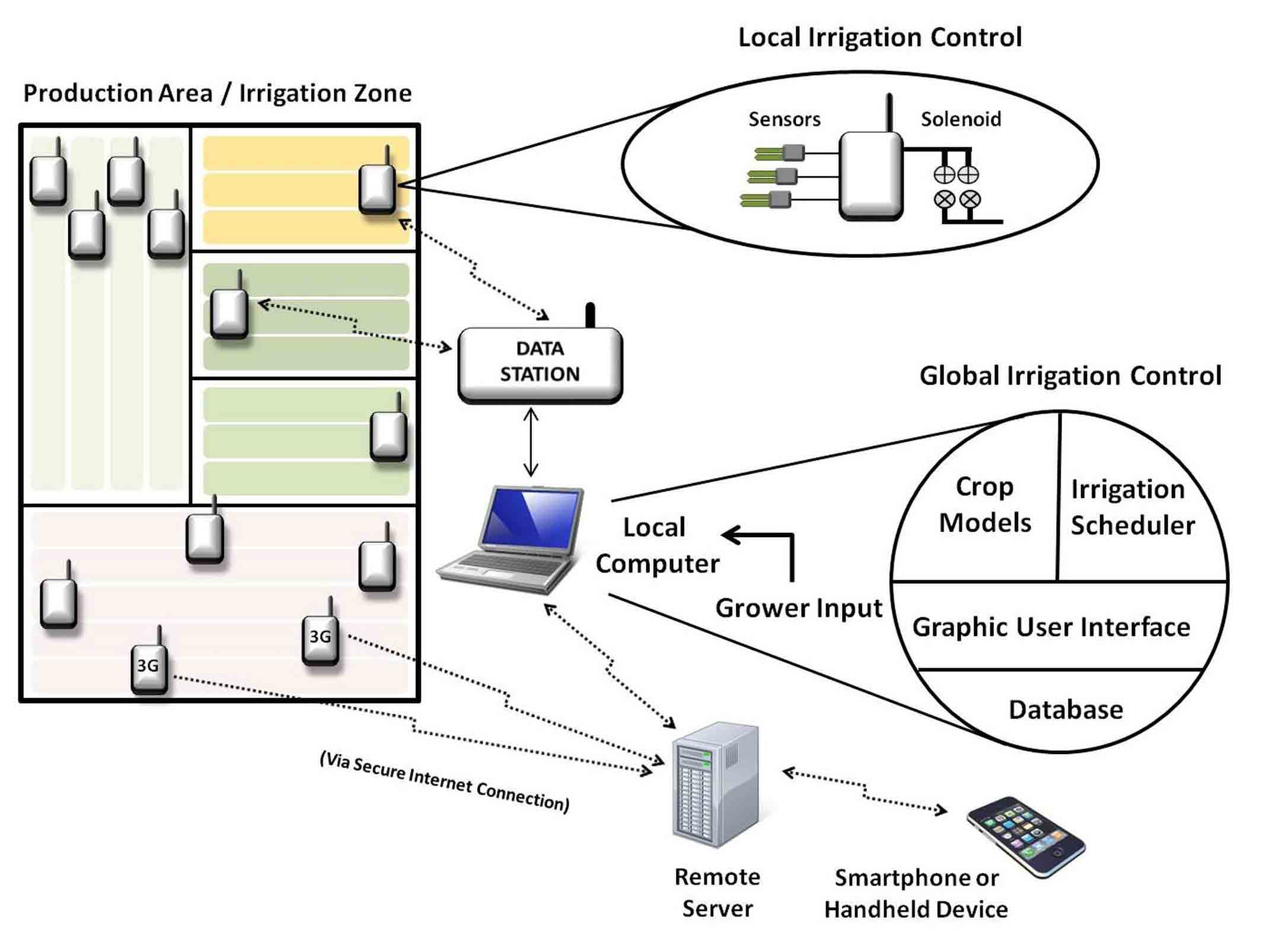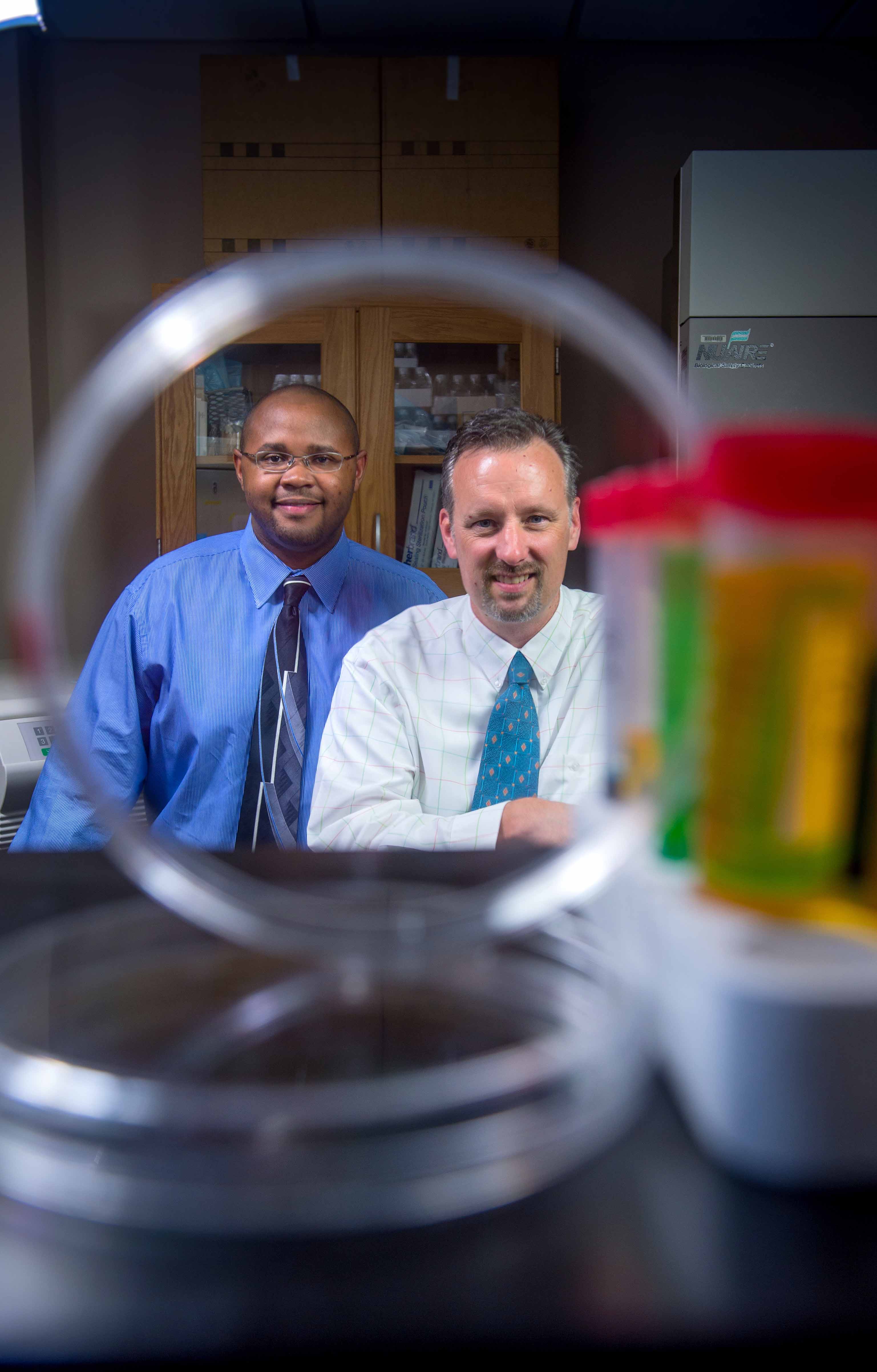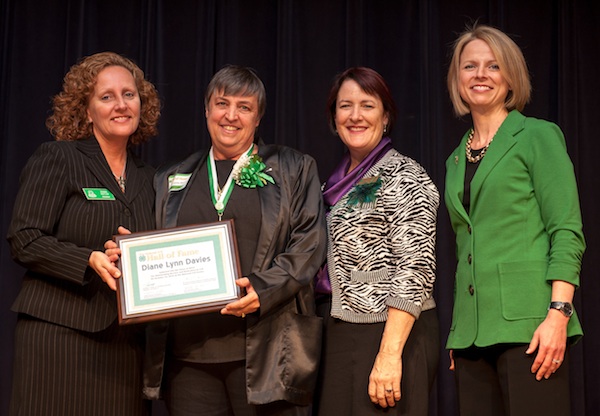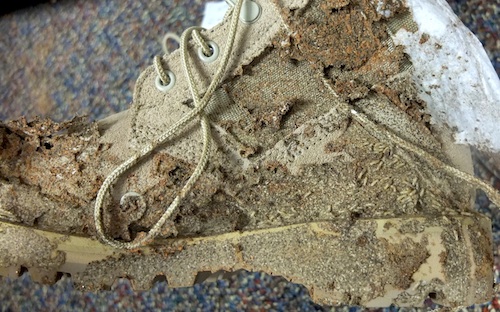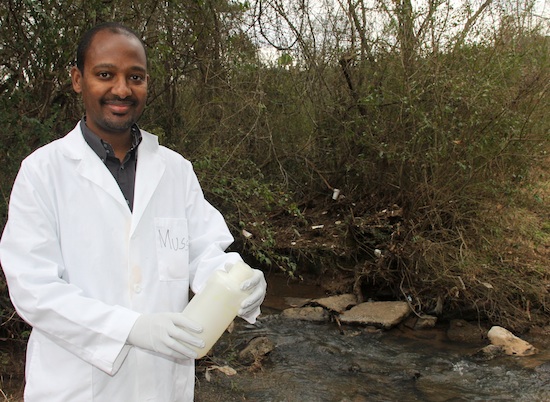 CAES News
CAES News
Septic Systems Study
Waste from most Georgia homes is managed through centralized sewage treatment plants. But 36.8 percent of Georgia homes, and 25 percent of homes in the United States, use septic systems. A University of Georgia soil scientist is studying how on-site home septic systems affect the quality and quantity of water in Georgia’s rivers and streams.

